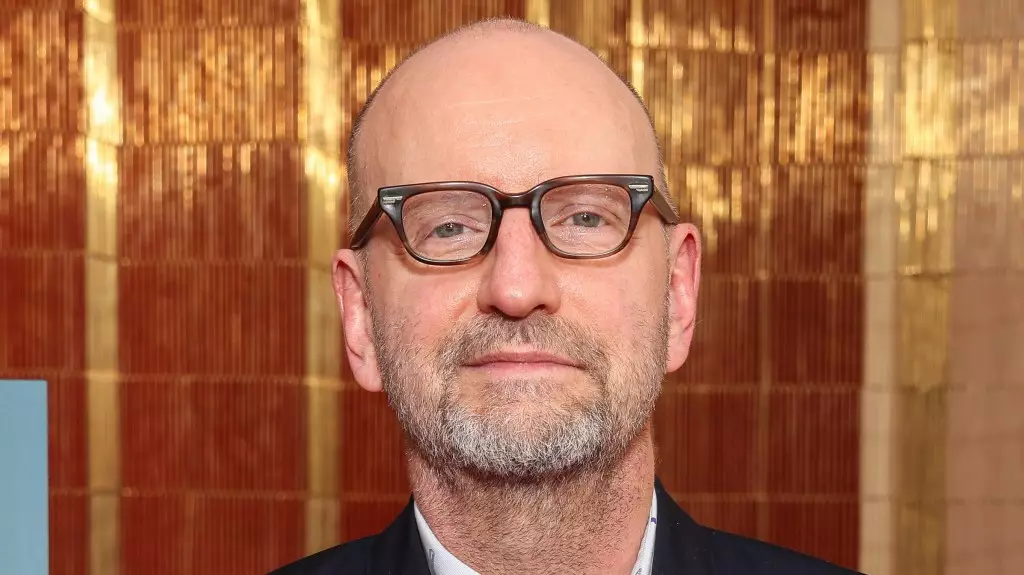The landscape of the film industry is undergoing a significant transformation, and many seasoned filmmakers are voicing their concerns. Steven Soderbergh, an Oscar-winning director known for his innovative storytelling, recently shed light on the disappointing commercial performance of his latest project, *Black Bag*. Despite receiving praise from critics, the film’s struggle at the box office signifies an alarming trend: the diminishing appeal of mid-budget, star-driven projects. Soderbergh’s reflections highlight a much bigger issue confronting the industry—a potential death knell for a specific genre that once flourished.
From Silver Screen Success to Box Office Blues
*Black Bag*, featuring powerhouse performances from Cate Blanchett and Michael Fassbender, showcases a gripping narrative about married intelligence agents facing personal and global conflicts. However, in a world dominated by blockbuster spectacles and franchise films, such narratives are losing their foothold. “If a movie like this can’t draw audiences over the age of 25, then that spells trouble for the future of cinema,” Soderbergh lamented. His words resonate deeply with anyone who cherishes the art of storytelling. The question arises: What does the box office performance of *Black Bag* imply for future filmmakers eager to craft similarly poignant tales?
Soderbergh’s concerns are more than just personal sentiments; they are echoes of a critical issue threatening the fabric of contemporary filmmaking. The director cites conversations within the industry that reveal a palpable anxiety about the viability of mid-range films. What happens when financial success dictates creative direction? Will filmmakers shy away from tackling challenging subject matter in fear of underperforming in an ever-competitive market?
Calling for Change: A Culture Shift in Filmmaking
The gravity of Soderbergh’s critique lies in his insistence that audiences must evolve alongside the films they consume. He emphasizes that not all viewers are clamoring for spectacle-driven stories. There’s a vast audience of discerning adults craving substantive narratives that resonate with their experiences. These viewers deserve intelligent dramas that reflect real-life complexities, especially in an age rife with sensationalism.
Importantly, Soderbergh is not merely mourning the fate of his film; he is advocating for a movement to foster a culture that embraces adult cinema. His assertion that classic films such as *Erin Brockovich* or *Traffic* would struggle to find a place in today’s market is a painful but necessary observation. It indicates a shift toward formulaic filmmaking where risk-taking is all but abandoned in favor of safer bets.
The Future of Storytelling
Soderbergh’s conversation with the media underscores a critical juncture not only for his career but for an entire generation of filmmakers. The ongoing struggle for *Black Bag* to attract viewers highlights a pressing need for a renaissance of mid-budget films. As audiences continue to diversify, there’s a growing demand for layered storytelling that challenges convention. Filmmakers must rally to reclaim the industry’s focus on narratives that matter, nourishing the art of cinema with depth and complexity.
Only through a collective commitment to revitalize adult-oriented filmmaking can we ensure that future creators will have the opportunity to explore diverse stories without fear of commercial repercussions. The success of the film industry rests in its ability to evolve and adapt while remaining an artistic sanctuary for creators dedicated to meaningful storytelling.

